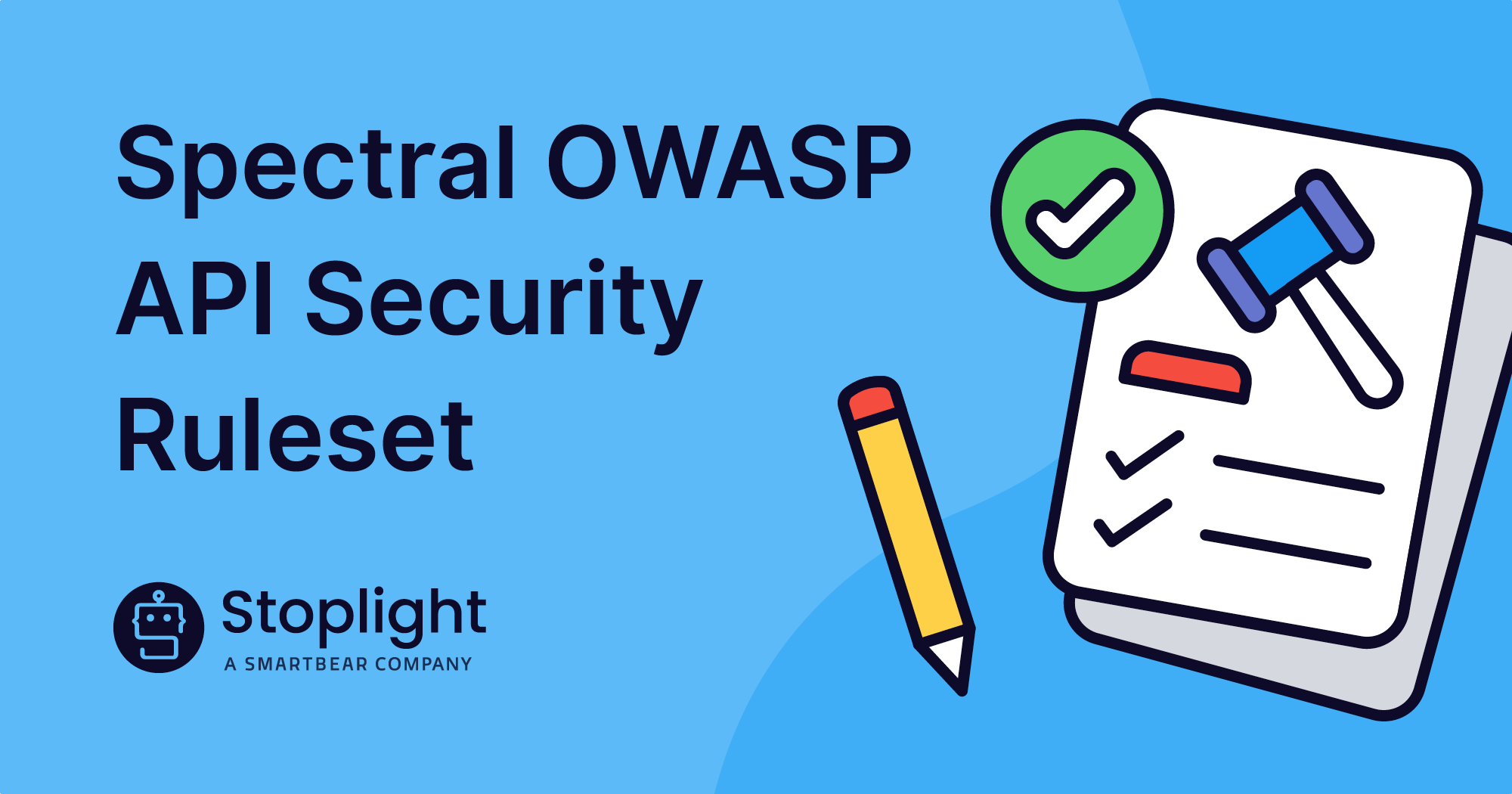Part two continues from the first piece in this series: Invest Wisely – How to Get the Most out of Your API Consultant.
On the surface, APIs might not seem like a sufficiently large or complex business area to require dedicated outside help. Dig deeper, and the picture changes. Not only have APIs become increasingly complex over the last 20 years, but it’s also becoming increasingly common for APIs to touch more than simple code, making the need for expertise in the space even more critical. That’s exactly why many companies can benefit from working with API consultants.
When API-related decisions start to stretch a company’s internal resources to their limits, that’s a good sign that it’s time to invest in an API consultant. However, as with any investment, it is important to choose with care. If you haven’t already read the previous article in this series, Invest Wisely – How To Get The Most Out of Your API Consultant, you might find reading it helpful to understand what an API consultant can and can’t do. If you are pressed for time, however, here are the key points:
- Decide at the beginning what success looks like. Are you looking for increased traffic, better efficiency, or something else altogether? Knowing what you want makes it easier to see if you’re achieving it down the road.
- Ensure your consultant fits your specific needs—and listens to what they are. Of course, you want to work with a consultant with a reputation for excellence, but that’s only part of the story. If a consultant is the foremost expert in an area that isn’t relevant to your circumstances, that consultant is unlikely to be a good fit for you. It’s also important to find a consultant who will listen to you since that increases the chances that their recommendations will be well suited to your needs.
- Set yourself up for long-term success. Consultants work with you for a limited time, so it’s important not just to gain factual knowledge from the consultant. For a smooth transition, it’s often necessary to set up structures and communication lines that ensure that everyone is clear about ownership of products and processes, workflows, and other day-to-day issues.
So, what kinds of issues might you want to hire an API consultant to help you with? In this article, we’ll profile a few exceptional consultants to help you find the right match. You may or may not see an example that suits your business’s exact needs, but the profiles will give you a better idea of where an API consultant might be helpful. Read on for examples of a few things consultants can help you achieve and how API consulting may be for you.
Align on Best Practices
One of the most frequent reasons companies hire consultants is to align themselves more closely with the best practices in their industry. This is no less true for building APIs, and few people understand current API best practices better than Matthias Biehl of API University. Biehl specializes in helping companies define their API strategies and bring their innovations to market.
Biehl enjoys sharing his knowledge in various ways, including publishing a popular blog on the latest developments in APIs, speaking at conferences, teaching online courses, and writing books on API-related topics. His book RESTful API Design: Best Practices in API Design with REST was praised by BookAuthority as “one of the best REST API books of all time.”
Build Positive and Lasting Culture
The idea of being able to create a technical solution for a problem and rely on it forever sounds amazing. However, we know that isn’t realistic in tech-driven industries. As technologies change, it’s important to ensure the people who will use proposed new technologies are on board with those changes. A lack of user buy-in has derailed many technically sound projects.
This is where consultants like Claire Barrett of APIsFirst come in. Barrett understands that the biggest obstacles to technical progress aren’t always technical issues per se, which is why she focuses on setting up the right structures for a project and ensuring buy-in from all parties. Taking care of these issues makes any intended change more likely to stick around for the long term. For a deeper understanding of Barrett’s approach, take a look at her recent talk, “The Human-Centered Focus,” delivered in March 2022.
Making the Right Technical Decisions
While APIs provide a standardized way to interact with various codebases, there are still plenty of technical choices to be made within that framework. Too little technical planning can lead to results that don’t align with your goals, whereas too much planning can result in wasted effort and a lack of flexibility. Making the right technical decisions is incredibly complex when your product needs to meet strict security or regulatory requirements, and then maintaining compliance can inhibit other technical evolution.
Consulting firms like Good API help teams dial in their technical planning. Good API brings substantial expertise in security and regulatory compliance, which it’s put to use for companies including Adidas and Volkswagen. Good API consultant Erik Wilde co-authored a book on setting yourself up for success when creating APIs, Continuous API Management: Making the Right Decisions in an Evolving Landscape.
Ensure Attention to Design Methodology
You probably wouldn’t want to go inside, much less invest in, a building that was built without any particular design or building process. APIs, however, are built like this all the time. It’s still somewhat rare that APIs receive the level of design attention that a building or even a standard software application might receive, which can lead to unreliable performance and too many breaking changes. Applying design methodologies to API creation and maintenance elevates your APIs to the level of other market-ready technology products.
Mike Amundsen, formerly of API University and now an independent consultant, helps companies find the right design processes for creating their APIs. Amundsen has written multiple books and spoken at top technical conferences about API design. For a deeper look at Amundsen’s expertise, check out his blog post discussing design thinking with respect to APIs.
Optimize for Cross-Platform Integration
The most common use for early web APIs allowed outside developers to access structured data from a source company, such as Amazon or Salesforce. While many APIs still work in this way, companies now deliver many different services through the REST framework. Developers using API products now need to consider challenges like microservices and continuous integration/continuous deployment (CI/CD) pipelines in their work.
Tim Smiser of Blue Sky Cloud Consulting helps his clients design APIs with these issues in mind. Your APIs might be created from scratch, known as greenfield development, or you may be working on a modernization process based on legacy code. Smiser’s approach integrates new and legacy APIs with various cloud technologies.
Adapt to Diverse User Needs
With “programming” right in the middle of the acronym API, you could be forgiven for thinking that the use of APIs is mostly limited to software developers. However, the need to work with APIs clearly extends beyond the world of developers, as this HubSpot blog post on APIs for marketers points out. As well, many decision-makers in the tech world are not developers and may never have been developers.
Consultants like Matthew Reinbold focus on ensuring that APIs and related technologies are integrated throughout a company’s culture and aren’t simply esoteric tools for developers. In addition to writing the informative Net API Notes newsletter, Reinbold is heavily involved in the tech community, publishing frequent articles and regularly appearing on industry podcasts.
Take the Next Step
Now that you have a better idea of what’s available, you’re better prepared to hire a consultant to help with your business goals. Once you’ve chosen a consultant who seems right for your business, you’ll want to keep a few strategies in mind to ensure a successful relationship:
- Communicate honestly with your consultant. They’re the experts in their areas, but you’re the expert on your business. Don’t hesitate to speak up if something doesn’t seem right to you. Part of a consultant’s job is to ensure the client understands what’s happening at every stage of the process, and that’s especially important in this domain, where the client often ends up with ownership of the resulting products.
- Document your results and act accordingly. The previous article in this series discussed the importance of early defining success. Once you have enough data to see how well your results align with your expectations, you can see if you need to make any adjustments to your approach or even your key performance indicators (KPIs).
- Avoid scope creep. As important as setting clear expectations at the beginning is, keeping expectations at a manageable level throughout the project is equally important. Even after initial success, you want to resist the temptation to change too many things too quickly.
Now that you know more about what you can expect from an API consultant and the expertise that’s available on the market, the next step might be to hire a consultant for your business. With the right planning, working with an API consultant can be a fruitful collaboration for all involved throughout the project.
Consultants mentioned in this article that may be able to help you with API consulting services:
- Mike Amundsen, Amundsen.com
- Claire Barrett, APIsFirst
- Matthias Biehl, API University
- Matthew Reinbold
- Erik Wilde, Good API

